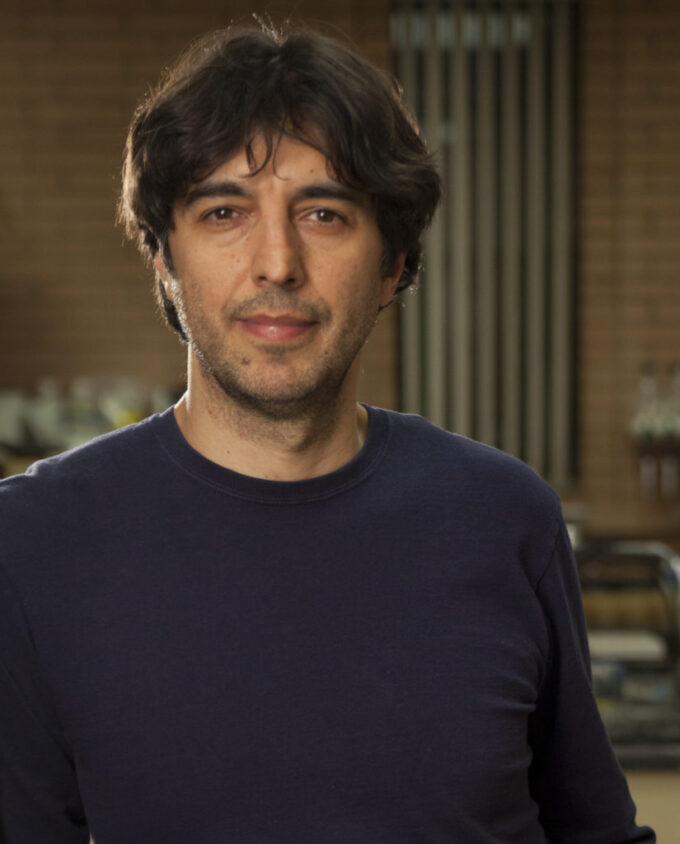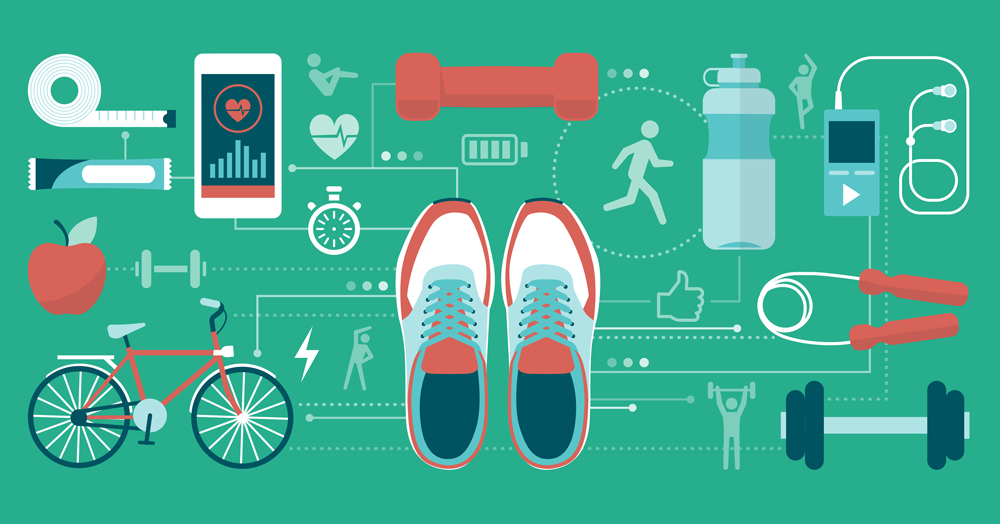Eat healthy

Valter Longo
Healthy eating can delay aging in the brain and body, according to Valter Longo, professor of gerontology at the USC Leonard Davis School and author of the book The Longevity Diet. The Mediterranean Diet — including plant-based foods such as nuts, legumes, fruit, vegetables, and whole grains — is associated with reduced risk of heart disease, cancer, Parkinson’s and Alzheimer’s diseases.
However, Longo suggests taking it one step further with his five-day fasting-mimicking diet. Add a low-protein pescatarian regiment and neuroprotective foods like olive oil, coffee and coconut oil to the Mediterranean Diet for best results. Additionally, Longo advocates for limiting red meat intake. “Fish such as salmon and sardines are high in omega-3 fatty acids — the good fats,” Longo says. “In contrast, the fat in red meat is not healthy for your heart or brain.”
Healthy eating activates the brain’s metabolic pathways and improves cognitive function. It may, Longo says, even slow or prevent Alzheimer’s disease.
Engage with music

Alison Balbag
Music is a great brain workout, according to Alison Balbag, instructional assistant professor of gerontology at the USC Leonard Davis School who studies music’s influence on health and development across the lifespan. Music exercises many parts of the brain simultaneously, which may make your brain stronger and more resilient against neurodegenerative diseases, she says. According to Balbag, musicians have a significantly reduced likelihood of developing dementia or cognitive impairment compared to non-musicians.
Listening to music is also beneficial. She says music memory appears to be spared — it’s preserved — even in the midst of dementia and severe cognitive decline: “When dementia patients hear music from earlier years, the music may help spark one’s memory and increase communication with family and caregivers – and that can have a big impact on benefitting quality of life.”
Exercise
“Incorporate movement into your day,” says Cary Kreutzer, instructional assistant professor and director of the Master of Science in Nutrition, Healthspan and Longevity Program at the USC Leonard Davis School.

Carin Kreutzer
Kreutzer says, “A daily walk or other form of movement is good for your body and your brain.” Moderate daily activity is a proven intervention that can reduce risk for a variety of diseases including heart disease, cancer, diabetes and Alzheimer’s disease.
Combine with healthy eating for best results. For one, Kreutzer recommends eating bigger meals earlier. “Our bodies are more efficient at burning calories during the day when we are active versus storing excess calories as fat at night while we sleep. Front-loading calories gives you time to digest all those calories well before bedtime, which can have benefits for weight-loss and overall health,” says Kreutzer.
Additionally, Kreutzer advises saving some leftovers from your meal — for both health benefits and prolonging enjoying the meal.
“Saving food for the next few days allows you to enjoy the meal multiple times and spares you from taking in too many calories at once,” says Kreutzer.
View these tips, compiled for Alzheimer’s and Brain Awareness Month, on our Instagram @uscleonarddavis.
Zen Vuong contributed to this article.





